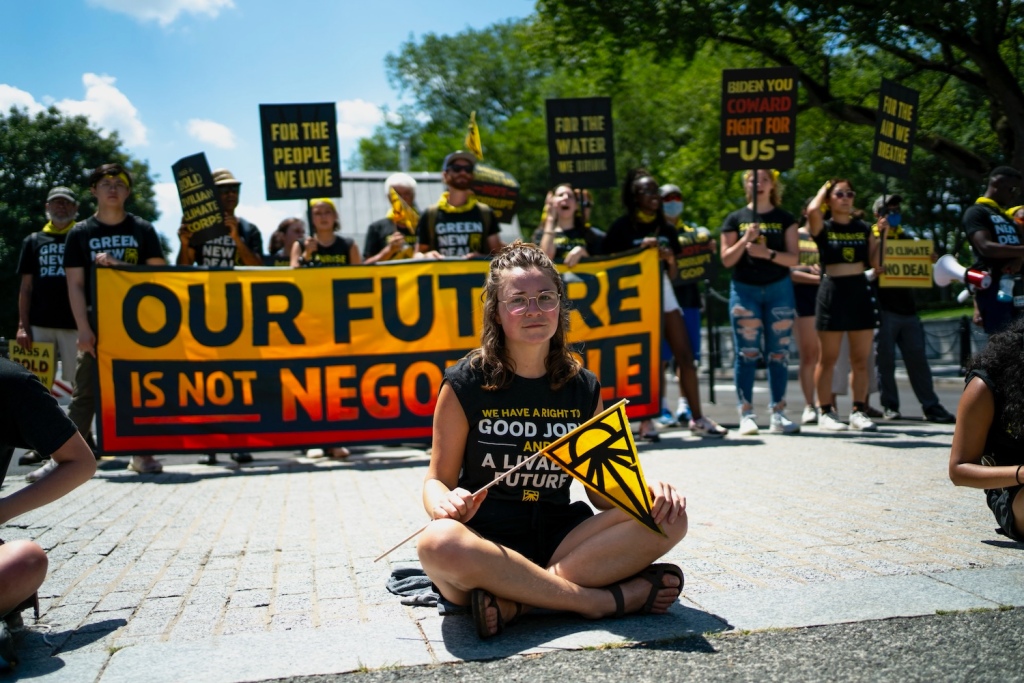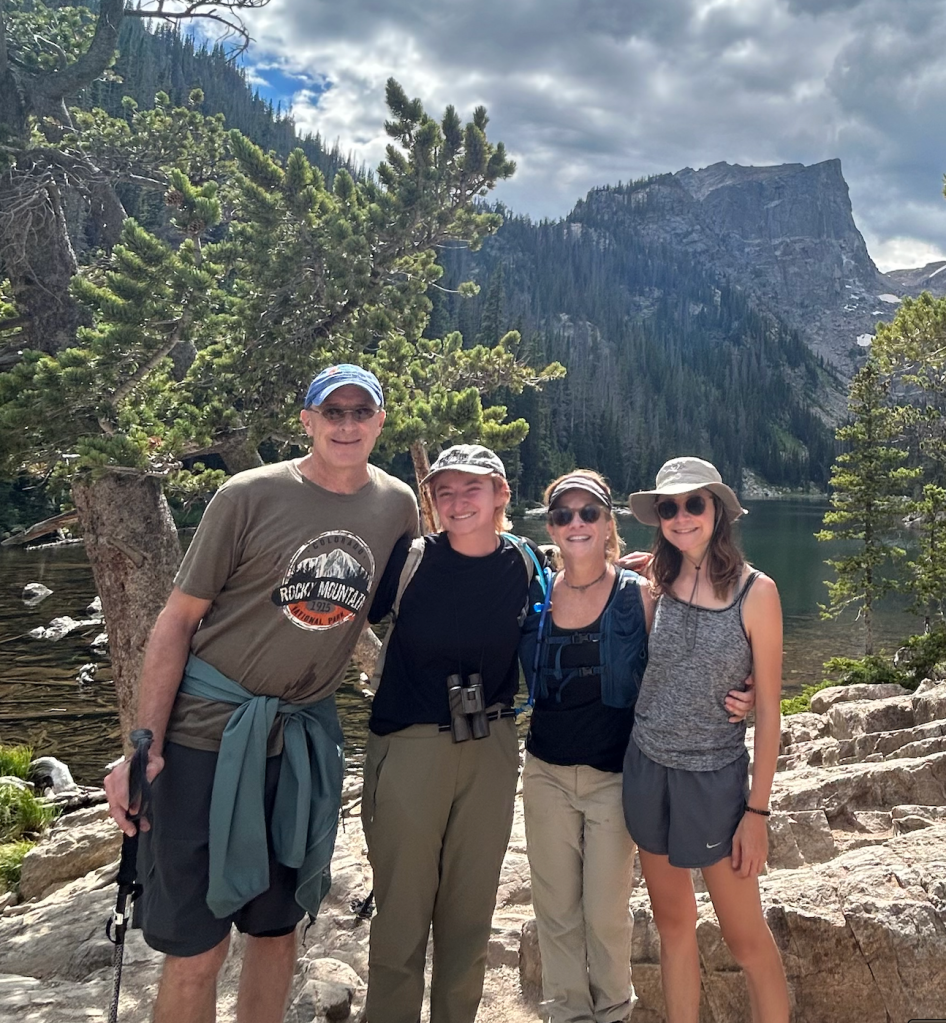The Beginning: Learning from My Daughter
I began my climate journey around the time I decided to leave my position as a partner in both a large nationwide gastroenterology group, Gastro Health and an ambulatory surgery center, within the USPI/Tenet system due to disability in 2021. At that time, my daughter, Lauren, was in senior leadership of Sunrise Movement, a youth led climate group advocating to pass what became the Inflation Reduction Act.

After a lengthy endoscopy session, I scanned the room and saw bags full of single use biopsy forceps, gowns, bite blocks, plastic catheter tubing, pulse oximeters, IV bags and tubing, drapes, and other various non-reusable equipment in the trash bin.

This was an epiphany for me and I felt I had to learn more about the damage my specialty was inflicting on the planet and try to make a difference. My wife and I had spoken many times to my daughter about her actions and advocacy regarding the impending climate crisis. We understood what this existential planetary threat meant to her generation. I knew I had an obligation to not only educate myself about this crisis but to also make an impactful difference in healthcare sustainability.

Photo courtesy of Dr. Maunus.
The Carbon Footprint of Gastroenterology
I learned that the healthcare system is responsible for 8.5% of greenhouse gas emissions (GHG) and gastroenterology (GI) as a specialty is the third leading producer of waste and GHG. Based on operational energy usage and plastic waste from endoscopic procedures alone, the estimated carbon footprint of endoscopy in the US is 94,543 tons of CO2 emissions annually; equivalent to greater than 9 million gallons of gasoline consumed, 94 millions pounds of coal burned and 212 million miles driven by an internal combustion car. Amazingly, studies have shown that the biggest driver of the GI carbon footprint is the performance of unnecessary procedures. I knew this would be a difficult proposition in the private healthcare sector, where so many financial incentives have been entrenched for decades.
The Challenges of Introducing Sustainability into Healthcare
I thought naively that as an experienced gastroenterologist with 29 years of clinical and administrative experience, there would be a place in this fight for me to operate. I reached out to organizations such as Practice Greenhealth and Healthcare without Harm, but was told to engage with my medical societies. I attempted to contact the leadership at Gastro Health about their sustainability efforts but was rebuffed. Subsequently, I contacted the Director of Sustainability at Tenet/USPI who was excited by the concept of pursuing a pilot to produce a net-zero ASC within their system. However, the Board of Tenet Healthcare was not interested in such a pilot program, and when I doubled back to the Director later in the year, he had left the organization and to this day, Tenet, one of the largest healthcare companies in the US, has no head of sustainability.
I then turned my attention to the health insurance industry which plays a major role in our for profit healthcare system through their payment models and provider networks. By attending CleanMED, a nationwide conference on environmental sustainability and the healthcare sector. As a subscriber to Linkedin, I contacted sustainability leaders at United Healthcare and HCA, along with Blue Shield of California. I discussed preferential payment models for practices and ambulatory surgery centers that have established sustainability plans and measured their carbon footprints. Only Blue Shield of California showed an interest in such a pilot program, but this was soon set aside by other company priorities.
The Future Involves Education and Advocacy
Partnerships have been critical. Most recently, I connect a group of medical students at my alma mater, Sydney Kimmel Medical School at Jefferson University, with the administration to begin incorporating planetary health and climate change into the curriculum. The assistance of the Global Consortium on Climate and Health Education at Columbia University was helpful for this to happen. Educating future physicians about what dangers lie ahead for their patients as well as themselves is vital.

My journey thus far has certainly not been linear. I continue to strive to make a difference in this struggle to decarbonize the healthcare system. While this fight has been led primarily by academic centers, the private sector (including the health insurance industry) needs to step forward if we are to successfully deal with GHG emissions.
Call To Action
I have one ask of our healthcare system:
We need to stop putting the pursuit of profit ahead of the health of our patients and our planet.
If you would like to work together to promote sustainable healthcare, please contact me directly on LinkedIn.
Thank for you reading this and for your advocacy to make a difference.
Howard Maunus, MD

Leave a comment